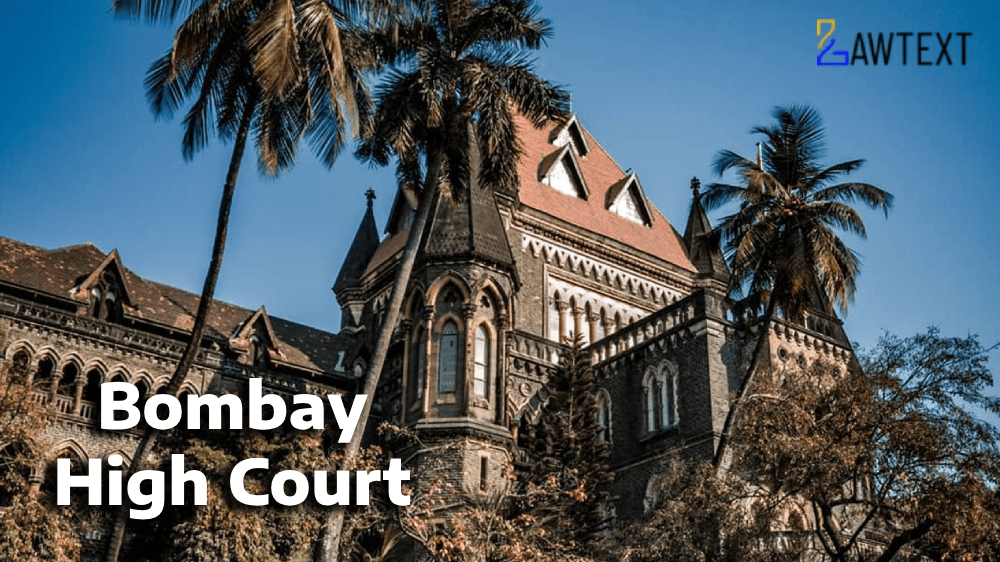

The Bombay High Court dismissed a Chamber Summons filed under Order 41 Rule 27(1)(aa) of the CPC by the Appellants seeking to produce additional evidence (Joint Development Agreement) in a specific performance suit. The Court highlighted that additional evidence is discretionary and allowed only under exceptional circumstances.
The application for additional evidence lacked merit, was deemed an afterthought, and primarily aimed at delaying execution of the decree. The Court imposed costs of ₹5 lakhs for abuse of the judicial process.
The dispute arises from a specific performance suit where Bastion Constructions sought the transfer of property under an agreement with the F.E. Dinshaw Trust, represented by the Appellants. The trial court decreed in favor of the Respondents.
The Appellants sought to introduce a Joint Development Agreement (JDA) as additional evidence under Order 41 Rule 27(1)(aa). They argued that the JDA, which was not produced earlier despite due diligence, negated the Respondents' possession claims.
The Respondents contended that:
The Court analyzed:
The Court dismissed the Chamber Summons, citing it as an abuse of process. It imposed costs of ₹5 lakhs on the Appellants to deter frivolous litigation and listed the Appeal for final hearing.
Discretion under Order 41 Rule 27:
Specific Performance and Possession:
Prevention of Abuse:
Citation: 2024 LawText (BOM) (12) 208
Case Number: CHAMBER SUMMONS NO.151 OF 2018 IN APPEAL NO.289 OF 2015 IN SUIT NO.353 OF 2009 WITH NOTICE OF MOTION NO.34 OF 2019 IN APPEAL NO.289 OF 2015 IN SUIT NO.353 OF 2009
Date of Decision: 2024-12-20
Case Title: Nusli N. Wadia & Ors. Versus Bastion Constructions
Before Judge: A. S. GADKARI AND KAMAL KHATA, JJ.
Advocate(s): Mr. Navroz Seervai, Senior Advocate, a/w Mr. Yash Momaya, Ms. Rujuta Patil, Mr. Yahaan Shah, Adv. Hasan Mushabber, Mr. Masira Lulania, i/by Negandhi Shah and Himayatullah for the Appellant. Mr. P. Chidambaram, Senior Advocate, a/w Mr. Vineet Naik, Senior Advocate, Mr. Mayur Khandeparkar, Mr. Bhushan Deshmukh, Mr. Dhawal Mehta, Ms. Jasmine Sheth Kachalia, Ms. Tanvi Shah, Mr. Aryan Shrivastava and Ms. Shubhada Khandekar, i/by Wadia Ghandhy and Co. for Respondent. Mr. S.K. Dhekale, Court Receiver, Bombay High Court, present.
Appellant: Nusli N. Wadia & Ors.
Respondent: Bastion Constructions